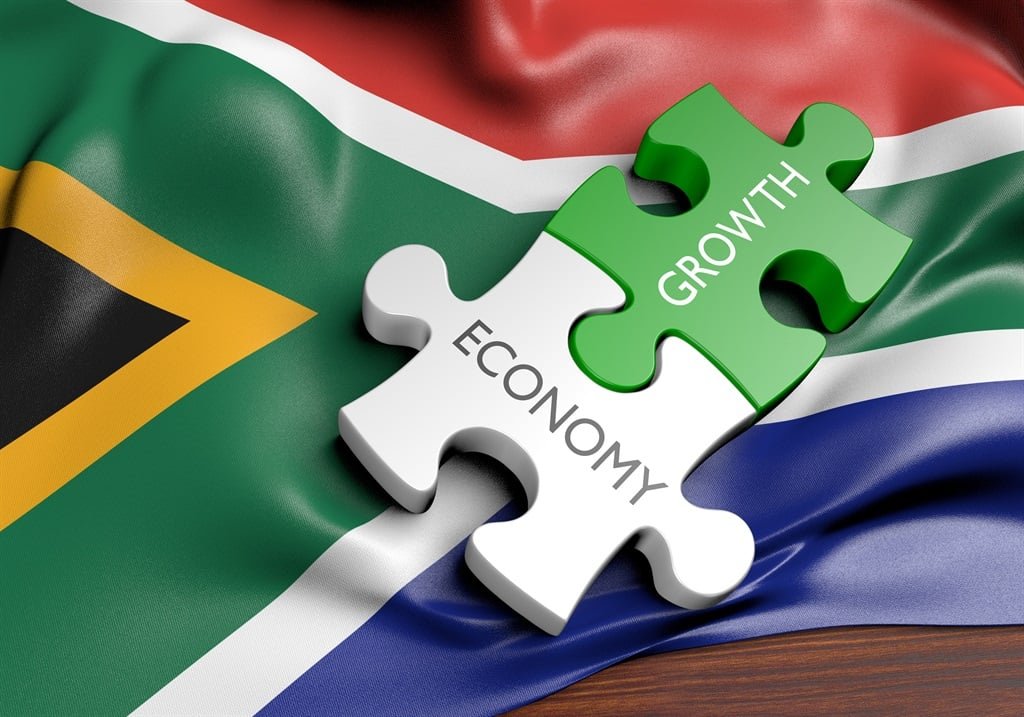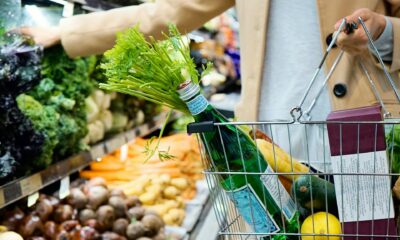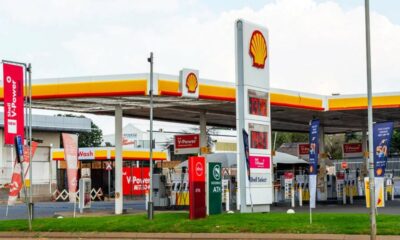Business
Is South Africa’s Economy Turning a Corner? Here’s What Experts Say

Cautious optimism after a weak start to 2025, but growth remains fragile
South Africa’s economy is fighting to regain momentum after a sluggish start to the year, with several economic indicators suggesting that the coming months may bring modest but important improvements. While big picture forecasts have been revised downward, the good news is that not everything is pointing south.
Not great, but not flatlining either
The South African Reserve Bank (SARB) recently lowered its 2025 GDP growth forecast from 1.7% to just 1.2%, while the International Monetary Fund is even more conservative, predicting only 1% growth for the year. But in a country where even 0.1% growth is cause for cautious cheer, this muted optimism matters.
The first quarter of 2025 delivered a GDP increase of just 0.1% and that was thanks largely to the agricultural sector. It was better than economists expected, though still worryingly close to stagnation.
Yet, according to Investec chief economist Annabel Bishop, we might see slightly stronger figures in the second quarter — not a boom, but enough to show the economy has some resilience.
What the indicators are telling us
Every month, SARB publishes composite business cycle indicators that help paint a picture of South Africa’s economic direction. The leading indicator, which hints at what lies ahead over the next six to 12 months, fell by 1.3% in May 2025. This decline was largely due to a drop in approved residential building plans and fewer new orders from manufacturers.
Of the ten components that make up this indicator, nine were negative. The only positive? South Africa earned more for its exported commodities in US dollars.
Meanwhile, the coincident indicator, which reflects the current state of the economy, grew by 0.7% in April. That small uptick was thanks to higher factory output and increased real sales in wholesale, retail, and car sectors.
Even the lagging indicator, which confirms changes only after they’ve occurred, rose slightly, by 0.3%, suggesting that recent improvements might stick around.
BETI gives a mixed but hopeful picture
Bishop also highlighted the BankservAfrica Economic Transactions Index (BETI), a key measure of economic activity based on real-time payments data. BETI dropped by 0.9% in April compared to January, but rose by 0.1% for the first half of Q2 and is 0.6% up quarter-on-quarter overall.
This small but positive momentum echoes Investec’s forecast for Q2 GDP growth at 0.6% (seasonally adjusted), even though there’s not always a direct link between BETI and official GDP numbers.
Old Mutual’s chief economist Johann Els is a bit more upbeat, projecting up to 0.8% growth in Q2, assuming the momentum continues.
South Africans are still feeling the squeeze
Despite these marginal improvements, everyday South Africans remain under pressure. Joblessness is high, inflation eats into household budgets, and business confidence is still shaky. Unemployment would be significantly lower today if the economy had grown at its post-2010 average of 4.5% a far cry from the figures we’re seeing now.
Local social media conversations reflect a mix of exhaustion and pragmatism. “If 0.6% is our version of a win, then we’re in real trouble,” one user wrote on X (formerly Twitter). Others see the slow upward trend as a sign to hang in there. “It’s not much, but at least it’s not a contraction,” posted another.
So, what’s next for South Africa’s economy?
The answer lies in policy stability, energy reliability, and attracting real investment. With global headwinds, like potential 30% US tariffs announced by President Trump, already casting a shadow, South Africa must act decisively to stabilise its internal economy.
Infrastructure investment, reliable electricity supply, and cutting red tape for business could make or break South Africa’s growth path in 2025.
The economy isn’t out of the woods yet, but it may just be starting to see a clearing.
{Source: IOL}
Follow Joburg ETC on Facebook, Twitter , TikTok and Instagram
For more News in Johannesburg, visit joburgetc.com



























